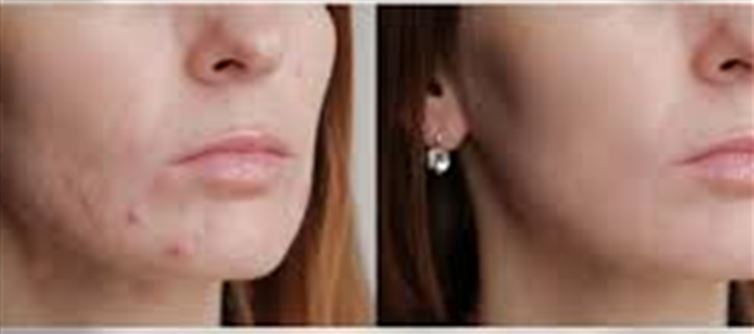
Matcha, a finely ground green tea powder, has gained popularity not only for its unique flavor but also for its numerous health benefits, particularly its anti-inflammatory properties. For individuals with acne-prone skin, these benefits can be particularly significant. Acne is often driven by inflammation, which can lead to redness, swelling, and the formation of lesions.
The anti-inflammatory compounds found in matcha, such as catechins, particularly epigallocatechin gallate (EGCG), play a crucial role in reducing inflammation. By incorporating matcha into your skincare routine or diet, you may help mitigate the inflammatory responses that contribute to acne flare-ups. The antioxidants present in matcha also combat oxidative stress, which can further aggravate skin conditions.
Additionally, matcha possesses antimicrobial properties that can help reduce the presence of acne-causing bacteria on the skin. This dual-action approach—reducing inflammation while fighting bacteria—makes matcha a powerful ally for those struggling with breakouts.
Incorporating matcha into your skincare regimen can be achieved through various methods, such as using matcha-infused creams or masks. Alternatively, consuming matcha as a beverage can also provide internal benefits, promoting overall skin health from within.
However, it is essential to remember that while matcha can offer support for acne-prone skin, it should not replace a comprehensive skincare routine or professional advice. Consulting with a dermatologist is key to tailor treatments based on individual skin needs. In summary, matcha's anti-inflammatory properties make it a valuable addition to the skincare arsenal for those with acne-prone skin, promoting clearer and healthier skin.
Disclaimer:
The views and opinions expressed in this article are those of the author and do not necessarily reflect the official policy or position of any agency, organization, employer, or company. All information provided is for general informational purposes only. While every effort has been made to ensure accuracy, we make no representations or warranties of any kind, express or implied, about the completeness, reliability, or suitability of the information contained herein. Readers are advised to verify facts and seek professional advice where necessary. Any reliance placed on such information is strictly at the reader’s own risk..jpg)




 click and follow Indiaherald WhatsApp channel
click and follow Indiaherald WhatsApp channel